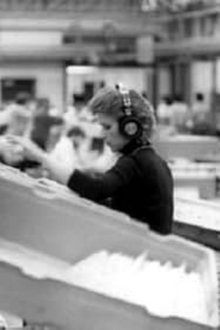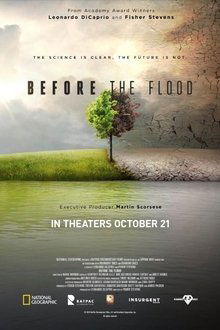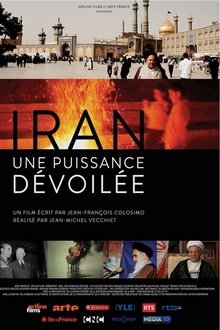This film is a story about that time in the Baltics, Latvia, and Riga. Young rebels of 1960s – nonconformists, hippies and beatniks – have turned into a generation of well-known writers, poets, musicians, directors, as well as politicians of the new independent Latvia. The ones who were 18, 20, or 25 in 1960s are half a century older today. The protagonists of the film are united by the bohemian gathering place of their youth, a small nameless cafe in the Old Town of Riga, commonly referred to as “Kaza” (The Goat). This place is surrounded by legends, myths and humorous stories.
Related Movies
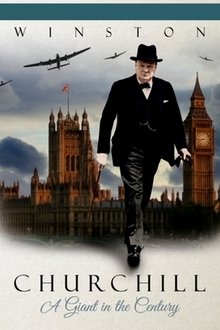
Winston Churchill: A Giant in the Century (2014)
A new look at the public and private life of one of the most important statesmen in the history of Europe: Winston Churchill (1874-1965), soldier, politician, writer, painter, leader of his country in the darkest hours, winner of the Nobel Prize in Literature, a myth, a giant of the 20th century.

Russian Libertine (2012)
Last winter Russians got tired with Putin's autocratic actions and went out into the streets to demand change. A hope for more righteous Russia has awakened, but the journey is a long one, and the weight of history exceptionally heavy. However, an idea for new Russia has been born, and continues to grow even at this very moment. One of the people fighting for change is a Russian author and dissident Victor Erofeyev. He loves his country and wants it to be more tolerant and open-minded. For decades now, he has been criticising the people in charge of Russia. He has also been in trouble with the state since the Soviet times, but does not let the fear hold him back. With his work he wants to encourage the Russians to take a critical look around and try to actively improve their own situation. Now this is finally happening.
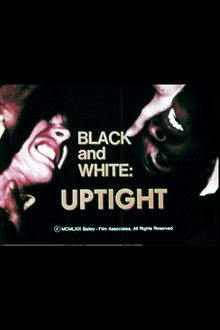
Black and White: Uptight (1969)
Narrated by Robert Culp, this special examines racism in the sixties
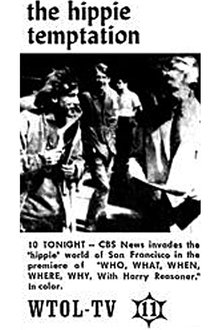
The Hippie Temptation (1967)
CBS TV news special hosted by Harry Reasoner explores the way-out world of the Hippies and the Haight-Ashbury psychedelic 1960s LSD scene. Footage of LSDs users experiencing bummer trips. The Diggers, the Oracle and cool street and Golden Gate Park scenes with hippies tripping out. The Grateful Dead are interviewed and are shown performing "Dancin' in the Streets" on a flatbed truck in Golden Gate Park. The Hippie Temptation!
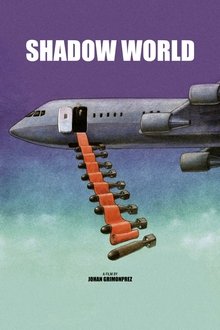
Shadow World (2016)
A detailed investigation into the political and economic interests that, since the beginning of the 20th century, have pulled the strings of the arms trade, hidden in the shadows, feeding the shameful corruption of politicians and government officials and promoting a state of permanent war throughout the world, while they cynically asked for a lasting and universal peace.

Palme (2012)
Swedish Prime Minister Olof Palme was openly shot to death on a February evening 1986 on the streets of Stockholm. In one night, the country of Sweden was transfigured. “Palme” is about his life, his time, and about the Sweden he had created. About a man who altered history.
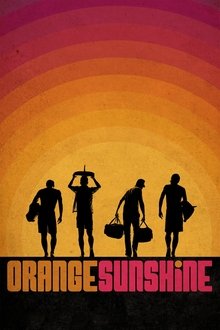
Orange Sunshine (2016)
The never-before-told story of the Brotherhood of Eternal Love – a spiritual group of surfers and hippies in Southern California that became the largest suppliers of psychedelic drugs in the world during the 1960s and early 1970s. Bonded by their dreams to fight social injustice and spread peace, this unlikely band of free-spirited idealists quickly transformed into a drug-smuggling empire and at the same time inadvertently invented the modern illegal drug trade. At the head of the Brotherhood, and the heart of this story, is the anti-capitalistic husband and wife team, who made it their mission to change the world through LSD.
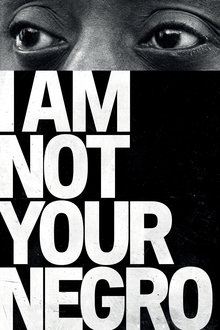
I Am Not Your Negro (2017)
Working from the text of James Baldwin’s unfinished final novel, director Raoul Peck creates a meditation on what it means to be Black in the United States.
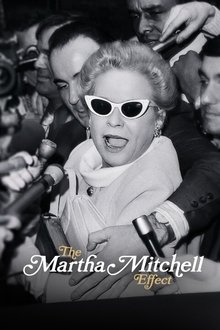
The Martha Mitchell Effect (2022)
She was once as famous as Jackie O—and then she tried to take down a President. Martha Mitchell was the unlikeliest of whistleblowers: a Republican wife who was discredited by Nixon to keep her quiet. Until now.
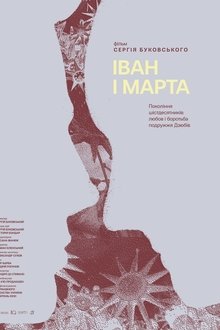
Ivan and Marta (2023)
Ivan Dziuba - literary critic, public figure, academician of the National Academy of Science of Ukraine - belongs to the "sixties". He fully takes care of all the miscalculations and unfulfilled promises of his generation. Reflects on why the illusions were lost and why so few dreams came true ... Let's see and listen to him with his wife Martha, a Lviv woman who was his guardian angel. Together - all life. Exactly as they are, the right is the definition - the conscience of the nation.
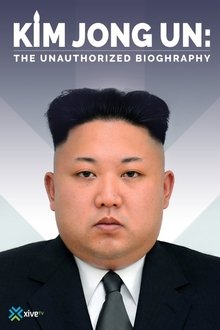
Kim Jong-un: The Unauthorized Biography (2015)
A journey through several countries to find those who really know Kim Jong-un, North Korea's leader, in an attempt to profile a contradictory dictator who seems to rule his nation with both disturbing benevolence and cold cruelty while being worshipped as a living god by his subjects in exalted displays of ridiculous fanaticism.

Shards of Light (2025)
War has ravaged the Ukrainian city of Bucha, whose residents have endured unimaginable hostility and suffering. If hope remains a faint glimmer, the will to survive still shines through in this powerful and unflinching film.
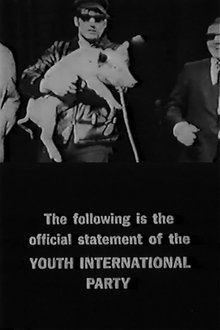
Yippie (1968)
The Youth International Party, whose members were commonly called Yippies, was a radically youth-oriented and countercultural revolutionary group opposed to war and the status quo of American culture. Known for using theatrics and humor to advocate social change, several Yippies were notably on trial as the Chicago 7. Primarily consisting of footage from the 1968 Democratic National Convention in Chicago which sparked massive demonstrations that were met by violence and hysteria caused by the police. This film also includes found newsreel footage as well as Pigasus - the pig the Yippies advanced as a candidate for President of the United States.
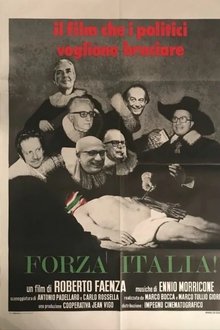
Forza Italia! (1977)
Much-censored documentary encompassing thirty years of Italian politics under the governance of the Christian Democracy (DC), entirely composed of — occasionally dubbed — archival footage.
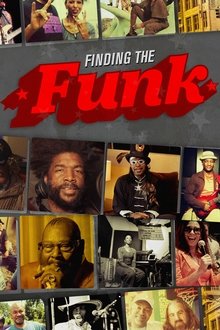
Finding the Funk (2014)
Finding the Funk is a road trip in search of the past, present and future of Funk music. Starting with Funk's roots in Jazz and the James Brown bands of the '60s we travel to the Bay Area to celebrate Sly & the Family Stone, then to Dayton the birthplace of so many of Funk's originators, then onto Detroit where from the ashes of Motown, P-Funk's Mothership arose, and then to LA where a new crop of musicians are creating their own Funk history. On our journey into Funk, we talk to legends Sly Stone, Bootsy Collins, George Clinton, Nona Hendryx, Maceo Parker, Bernie Worrell, and Steve Arrington and their descendants Mike D, D'Angelo, Sheila E, Shock G and Sade's Stuart Matthewman. Narrated by Ahmir 'Questlove' Thompson of the Roots.
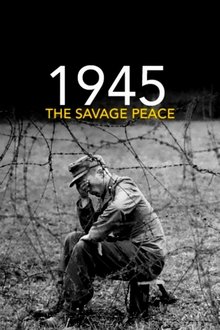
1945: The Savage Peace (2015)
How, in 1945, after the end of World War II and the fall of the Nazi regime, the defeated were atrociously mistreated, especially those ethnic Germans who had lived peacefully for centuries in Germany's neighboring countries, such as Czechoslovakia and Poland. A heartbreaking story of revenge against innocent civilians, the story of acts as cruel as the Nazi occupation during the war years.
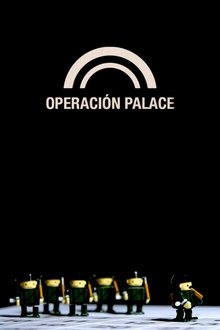
Operación Palace (2014)
Finally, 33 years later, the whole truth behind the attempted coup d'état that shook Spain on the afternoon of February 23, 1981, is revealed by those who lived through those dreadful hours; a deep look behind the heavy curtain which hides the real mastermind, waiting to be unmasked.
